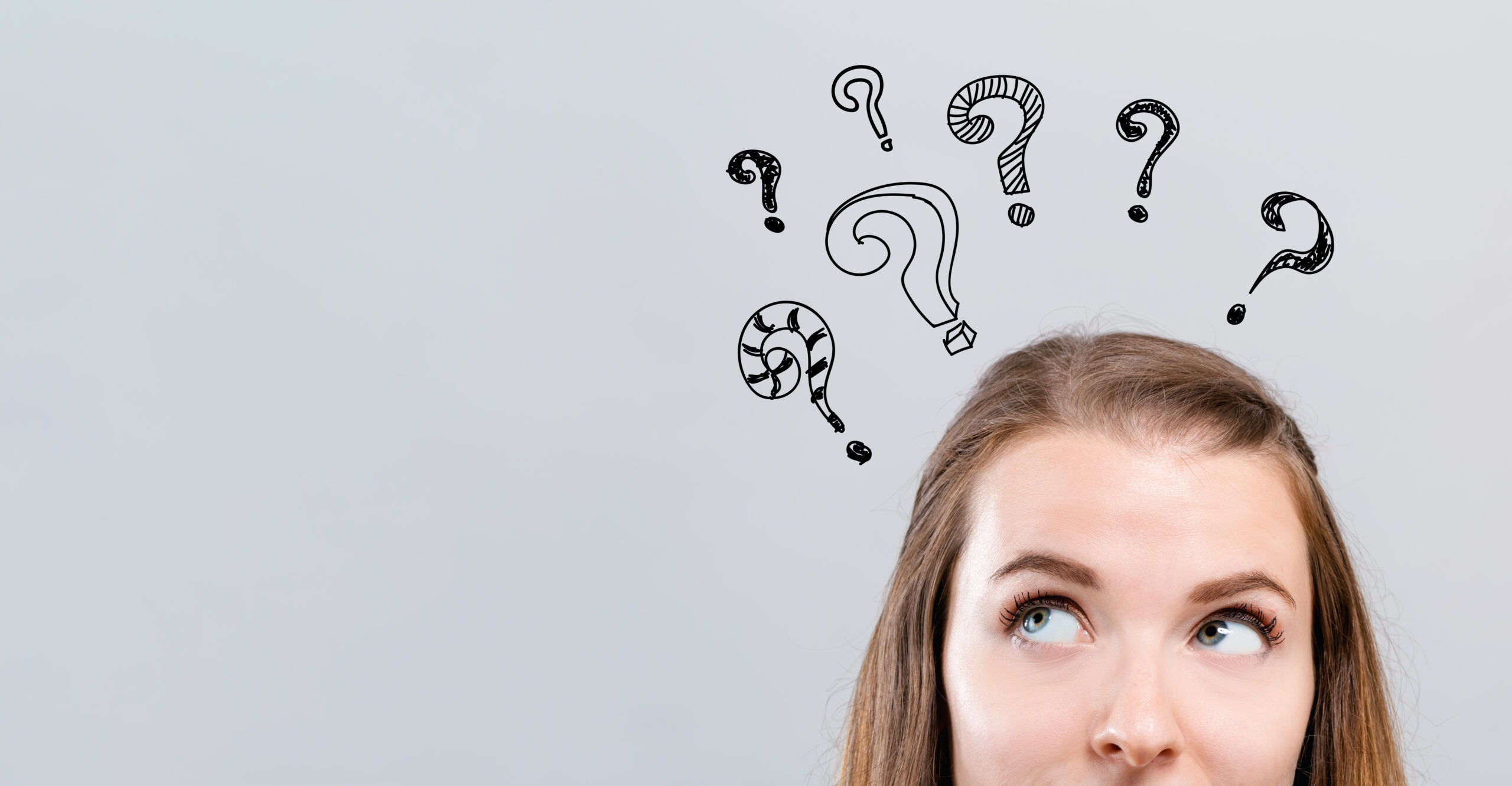Mindfulness sounds a little bullshitty, doesn’t it? It sounds like one of those made up self-help buzzwords like “goodful” or “dynamosity” that makes you feel like you’ll be in touch with the universe, or you’ll find a boyfriend, or you’ll become a millionaire if you listen to it, and ultimately it leaves you as alone and losery as ever before.
But try to get past that reaction, because mindfulness can actually be pretty magical. It can increase productivity, and decrease depression, anxiety, and fucking around all in one fell swoop. It’s like medicine that’s already in your brain. It’s an incredibly valuable tool–like Adderall, or a car, or a hammer.
But even the best, most useful tool in the world can be misused if you don’t know how to use it. Adderall can turn you into a robotic, teeth-grinding asshole, you can kill people with your car, and if you don’t know what you’re doing, you can easily hammer yourself in the dick.
And because the tool of mindfulness is relatively new–at least in the western world–we mostly don’t know how or when to use it. We still largely view it as this simplistic, “Do this, and you’ll feel better.” But using it as a way to live at all times, and as a tool to fix all problems, is like using a power drill to try to do everything from fixing your scratched DVD, to putting a hole in the wall, to achieving orgasm.
Basically a lot of us are risk of hammering ourselves in the dick with mindfulness.
So before we play with our brain toy, we should probably learn some more about it, why it works, and when to use it.
What It Is
Let’s review exactly what mindfulness entails for those of you who don’t know (if you do know, go ahead and skip this paragraph.)
Mindfulness is living in the present–which basically means fully focusing on what you’re doing as you’re doing it. So whether you’re doing the dishes, talking to a parent, or reading a book of erotic poetry to your friends for their amusement (guilty), you’re fully there. You’re focusing on what is happening, and taking it in, and acting with intent. You are not going through the motions, and your head is decidedly not in the clouds, thinking of food, sex, or how your life would change if your farts smelled like cinnamon rolls (or you know, wherever your mind wanders to.)
Why It Works
There’s a reason mindfulness decreases depression and anxiety. Depression is often focusing on problems of the past, and anxiety on problems of the future, and both of those totally suck compared to this moment right now–at least in the first world. When you live a life of relative privilege, it feels great to live in the moment, because as a rule of thumb, moments rule.
There’s a reason that nobody is teaching mindfulness in Aleppo right now, and it’s not just that it’s hard to teach anything among a sea of charred remains. It’s also because being fully present doesn’t necessarily make you feel better when your bedroom lost a wall five seconds ago. That moment sucks. Get out of it.
But in nearly everyone in the first world’s day-to-day lives, we have mountains of things to be grateful for and to enjoy, and we rarely have anything to be legitimately bummed about, and we’re spoiled by this. So we need deliberate, direct mindfulness to really feel the joy that we should be feeling.
So when you get good at it, mindfulness really does allow you to feel a greater degree of gratitude, excitement, and peace throughout your daily life. You suddenly have thoughts like:
“Holy shit, this conversation is blowing my mind.”
“This couch is so comfortable, I feel like I could die happy right now.”
“This is what sex feels like? Why did I ever let my mind wander–oh God I just came.”
Mindfulness is probably the most effective tool we have for grabbing you by the lapel and screaming, “YOU JUST ORDERED A BOWL OF CHILI FROM A PIECE OF PLASTIC IN YOUR HAND. ACKNOWLEDGE THAT THAT’S COOL, YOU IDIOT!”
And of course that makes us feel better, and as a result, allows us to better focus on the world, and what we’re doing.
So what could possibly be bad about this?
The Potential Downside of Mindfulness
In the process of jumping 100% onto the mindfulness bandwagon, we tend to support this popular notion of, “stop living in the past and the future, and to only live in the now.”
The problem is that thinking of the past and future sometimes is, you know, useful.
Let’s look at an example.
“I am sitting down to eat tacos. I am tasting each bite and fully embracing and focusing on this experience. And fuck me, it’s a million times better than thinking about my overwhelming mortgage, the long term effects of climate change, and how I could have come off as less creepy to my coworker yesterday. I may never think about any of that again!”
Well cool. Then you’ll never solve any problems ever.
You should be thinking about the future to some degree, and act accordingly with an attempt to improve it. You should have something close to a fucking plan, and you should feel a little freaked out about what you’re going to do sometimes. That’s healthy and inspires productivity.
You should also keep the past in mind. I mean duh. This is why we spend twelve years in school learning history. You learn lessons from your past, and if your response to those lessons is just to say, “Sorry, that shit already happened. I’m fully in the present right now,” you’re liable to keep hammering yourself in the dick.
So it’s a weird little piece of reality, but there it is: if overused, mindfulness of the present can be a form of escapism. It can be a distraction. It can become a way of avoiding the oncoming possibilities and the tough realities that you’ll have to face with something so wondrous and joyful–everything in front of you right now.
People who live exclusively in the moment don’t have real plans and don’t see potential problems coming–nor do they often come up with creative solutions to hard problems. They’re people who don’t contemplate their situation, or think ahead in life, or exercise their thoughts adequately.
You know, morons.
But don’t get me wrong. Both extremes do suck. People who can’t live in the moment at all suffer in their own way. They become overcome by anxiety, depression, and they don’t enjoy pretzels enough. They become anti-social, and they miss out on a lot of what life has to offer.
Because being an idiot tends to be more marketable than being miserable, the popular notion is that we should get out of our heads and live in the moment more.
But what if we can live in the moment and in our heads more? Well, most of us can, because most of us are spending way, way too much time in a third state of mind that we don’t realize we’re falling into, and it’s slowly ruining our lives.
The Third State of Mind: Being Dead
We don’t live in the moment enough not because we’re in our head too much, but because we spend several hours a day, for all intents and purposes, dead.
In this state, we’re not aware of what’s happening in front of us, or in our heads. We’re just kind of barely existing, driving our car, doing dishes, or getting groceries all while this muted TV static plays in our heads.
We spend most of our lives this way, scrolling through phones, shoving Cheez-Its into our mouths, and nodding along and saying “yeah” to conversations we internally left twenty minutes ago. This is where we fuck up. These are the moments where we could stand to be much more present.
Now this isn’t to say that there isn’t a time and place for being dead, because there is, but contrary to how we behave, that time is not “always” and that place is not, “everywhere.”
In fact there are two valid times to let your brain die, and they are as follows:
1) When the life around you (not in your head) is completely unbearable. So this isn’t about you being generally bummed out (mindfulness will help you there) but about something objectively horrendous happens to you.
So if a relative dies, or if you lose your job, or you lose the kids in the divorce, then sure. Feel free to let your brain die for a little bit. Take a temporary break from actually existing, and watch a CBS sitcom until you can face life as a living person again.
2) When you’re trying to get to sleep. Mimicking death can prove useful there as well.
Otherwise, being dead totally sucks. Stop dying all the time, idiot.
So okay, then. What we do we do when we’re alive? How do we find the balance we need between living in the moment and living in our heads? Here is the main rule of thumb:
Whether you’re in your head, or in the moment, ask yourself, “What is this really doing for me?”
Check in on how helpful your state of mind is to you. Sometimes reality is dumb, boring and contributing nothing to you, and you’re better off living in your head. In there, you can find entertaining games to play, or shit to think about, or solutions to problems, and that’s way better than some boring diatribe from your grandpa about politics, or some terrible story about a friend of a friend’s work friend who said something dumb.
Living in your head when you’re alone can be very productive, and while rude, it can also be a great alternative to hearing your coworker’s moronic thoughts on weed.
The problem for many of us is we’ll return to our heads, but then our head decides to be a fucking asshole.
Instead of doing anything productive, our head reminds us of our most humiliating moments from when we were 15, or it gets a Taylor Swift song stuck inside of it, or it spreads anxiety all over our brains like fertilizer onto a field.
In that case, being present for any moment outside of a literal war zone is preferable to the figurative war zone in your head.
But returning to the moment is really God damn hard. That’s why mindfulness is something that’s taught and not something we all just sort of do. Most of us naturally suck at it.
So here’s one primary way we can suck less at it.
Make the Moment Better
We get bored with the moment easily, so the instinct for many of us (myself included) is to dodge the moment at all costs. “Washing dishes/swimming in the ocean/my friend crying over genuine hardship is way less interesting than the shit flying around in my brain, so no, I will pay no attention to what’s happening.”
I’ve followed this instinct for most of my life, and as a result, found myself after college with no friends, no interesting experiences, and no signs of growth. The source of all of that was repeatedly going, “This moment sucks. I’m bailing.”
Don’t make this mistake. Moments don’t have to suck if you don’t let them. “This is boring” is such a copout, because not only can you immerse yourself more in what’s happening, but you can change what “this” is. You can make the moment better. Even if you’re at a dumb event that you have to be at, you can make it fun. Create an interesting conversation. Play paper football at your work meeting. Start a game of Duck Duck Goose in the Red Robin.
If a conversation, or a person, or an activity doesn’t engage your curiosity, then you don’t have a choice. Your curiosity needs to engage with it. You can do this and in turn create a more stimulating reality.
You can ask someone about themselves, and really fucking ponder what they’re saying. Push them towards being interesting. Keep asking question after question until the dullard you’re talking to trips and falls into an interesting conversation.
Both the real world and the deep innards of your mind are insanely fucking valuable. If you opt to stop dying and instead experience both judiciously you can be both less anxious and more aware. You can be more conscious and less depressed. You, and your life can be both more fun and less stupid.
That sounds like a pretty great life. I’d recommend you show up for it, and watch what you’re doing with that hammer.












